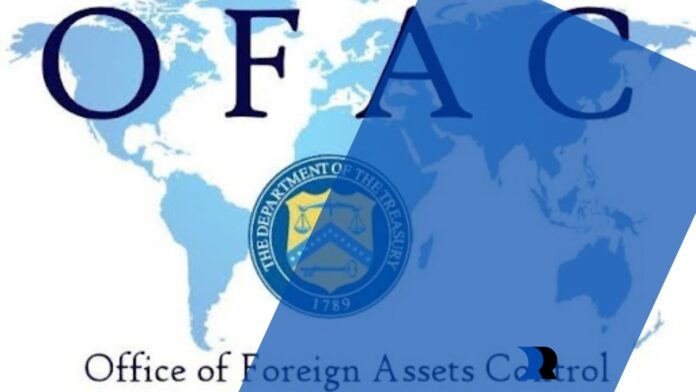In the context of strict international sanctions and export controls, businesses are increasingly faced with risks that can affect financial stability and operational activities. Frozen assets, blocked transactions and sudden regulatory inspections are not uncommon, but a reality for international companies. The question is no longer whether sanctions problems will arise, but when they will happen and how serious the consequences will be.
This is where the expertise of sanctions & export controls lawyers becomes critical. Legal advisors in this domain help companies navigate the complex matrix of U.S. OFAC rules, EU restrictive measures, UK sanctions regimes, and related export control systems that govern cross-border trade, technology transfer, and global investment activity.
Entering New Markets: Costly Mistakes Can Be Avoided
Companies planning to expand into jurisdictions subject to U.S. (OFAC), EU, UK, or other sanctions regimes must seek legal counsel in advance. Ignoring this step can lead to serious financial and legal consequences.
In practice, companies have signed contracts with partners without realizing they were already on sanctions lists or operating through front organizations. The consequences of such oversights include payment freezes, contract cancellations, and hefty fines.
Export control lawyers assess whether a counterparty or country is subject to sanctions and help determine whether specific licenses are required to conduct business involving certain technologies or goods. This is especially relevant for high-tech industries such as telecommunications, defense, pharmaceuticals, and artificial intelligence.
2. Blocked Payments and Frozen Assets: What to Do?
If a payment is blocked by a bank or delayed without explanation, it may indicate potential exposure to sanctions risk. Banks are obligated to screen transactions, and even minimal connections to sanctioned entities or countries can trigger a freeze.
At this stage, immediate legal intervention is crucial. A Sanctions Attorney can:
- Identify the reason for the delay through direct engagement with the bank;
- Assess the company’s risk of violating sanctions laws;
- Prepare documentation to facilitate the release of the funds or assets.
Without timely legal support, the situation can escalate, leading to account closures or additional financial restrictions.
3. Regulatory Inquiries: The Start of an Investigation?
If a company receives a notice from OFAC, the European Commission, HM Treasury, or another regulator, it is essential to treat this as the potential beginning of a formal investigation. These inquiries should not be ignored or addressed without a thorough legal review.
A sanctions lawyer will assist by:
- Preparing a legally sound official response;
- Conducting an internal investigation to identify potential violations;
- Developing a defense strategy if the matter escalates into enforcement proceedings or fines.
Ignoring or mishandling a regulatory inquiry can significantly worsen a company’s legal standing, potentially resulting in multimillion-dollar penalties.
4. M&A and Corporate Restructuring: Hidden Sanctions Risks
Acquiring businesses, changing ownership structures, or expanding through new partnerships always introduce additional sanctions risks. Sometimes, an acquired company may have pre-existing ties to sanctioned jurisdictions, which the new owner only discovers post-transaction.
Comprehensive sanctions due diligence before acquiring a business helps uncover:
- Potential links to sanctioned individuals or entities;
- A history of export licenses and their compliance status;
- Any pending regulatory penalties or restrictions.
Without such an audit, companies risk entanglement in regulatory investigations and costly remediation efforts.
5. Operating in Sensitive Sectors and High-Risk Regions
Companies in heavily regulated industries—such as oil and gas, defense, cybersecurity, blockchain, and financial technology—must implement compliance measures well before commencing operations. Sanctions lawyers assist by:
- Securing necessary licenses and authorizations;
- Evaluating geopolitical risks that could impact business continuity;
- Developing internal sanctions policies to minimize compliance risks.
Conclusion: A Proactive Approach Ensures Business Security
International sanctions regulations evolve rapidly—what is legal today may become a violation tomorrow. Companies cannot afford a reactive approach; a preventive strategy is essential.
Consulting a sanctions lawyer is not just a means of avoiding trouble but a tool for long-term business protection. Legal guidance helps:
- Establish a robust internal compliance framework;
- Train employees to minimize the risk of inadvertent violations;
- Respond swiftly to asset freezes, regulatory inquiries, and payment delays.
For companies engaged in international business, seeking advice from a sanctions lawyer should not be seen as an emergency measure but as an integral part of sustainable growth.




